Today we’re sharing one of our staple life philosophies; How to healthy grocery shop on a budget! Eating right doesn’t have to be expensive. So, roll up your sleeves and get ready for some seriously handy tips on how to get those healthy groceries for less.
Our Take on “Healthy” Groceries
It’s not the 90’s anymore, friends. Low fat diets are out. What the world needs is good, nourishing, traditional, nutrient dense foods that help promote strong immunity, energy, and long-term health. Sometimes that means spending a little extra at the grocery on organic fruits and vegetables. It is quite literally an investment in the future of your health.
With that being said, not every item in your grocery cart has to be organic or locally raised. Our philosophy is to do the very best you can with the budget you have each week for groceries. That’s all you can do!
This post contains affiliate links. As an Amazon Associate we earn from qualifying purchases. When you click on our affiliate links and make any purchase, we will make a small commission at no extra cost to you! It’s a simple and convenient way to support the sisters of Life Full and Frugal! To read our full affiliate disclosure click here.
Some handy things to remember when healthy grocery shopping:
- God gave animals a liver to process and eliminate yucky stuff in their diets. He didn’t give livers to plants like fruits and veggies. Keep that in mind when shopping.
- Take your own reusable grocery totes. One less plastic bag going to the landfill is a win for this beautiful planet we call home.
1. Learn to Cook Your Own Food
This one is simple! If you want to save money on groceries, learn to cook real meals. They don’t have to be fancy meals, but making your own food is so much more inexpensive than eating out or other convenience foods at the grocery. Cookbooks and Youtube are an amazing source of fun ways to learn to cook simple, healthy, inexpensive meals.
Cookbooks We Highly Recommend For a Budget Friendly Meals:
- Nourishing Traditions
- Mad Hungry Family by Lucinda Scala Quinn
- 10 Dollar Dinners
- Brave Tart
- Nigella Express
2. Have A List and A Budget & Stick to It (as best you can…)
Whenever I go to the grocery store without a list, I end up buying more than I need. Remember to make time to take an inventory of what you actually NEED before hitting up the grocery store. A list will keep you on budget.
Having a good idea of what your weekly grocery store budget is before leaving home is also high priority. Even better? Make your budget in cash. If you only have $100 in cash, you won’t be tempted to over-spend.
- Beware of buying in bulk! Just because it’s a good price, doesn’t mean it’s a good deal. Do you really think your family will eat a 1 gallon jar of ranch dressing before it goes bad? Think twice before purchasing bulk. Only spend money on groceries that you will actually eat.
3. Timing, Timing, Timing
Did you know that most grocery stores re-stock on Wednesdays? That means they are trying to make room for new items by quickly moving last week’s stock. Therefore Wednesdays are a great day to find markdowns and manager specials.
- Never shop hungry! They’ve proven that shoppers will spend more at the grocery store if they go on an empty stomach. In order to grocery shop on a budget, grab a bite to eat before leaving home!
4. Keep Your Eye Out for Specials
Red tags, leader savers, and manager specials are a great way to save money and keep your budget while grocery shopping. With a keen eye you can find some great markdowns! For example, this week we found organic vanilla bean greek yogurt for $.99 each. And it’s one of our favorites!
- Check out the sales flyer! Most grocery stores have a sales flyer section beside the entrance. For those of us that don’t always have an eye for the deals, these handy little flyers will help you find them! This is a great way to healthy grocery shop on a budget.
5. Stay Away From Certain Parts of the Store
The healthiest and freshest options at the grocery store are typically around the outside perimeter. These are the sections with fresh veggies, fruits, dairy, and meats. Keeping to this part of the store is going to fill your grocery cart with more healthy options.
Alternatively, the middle of the store contains the more expensive and less healthy grocery options. Did you know that the most expensive items are set at eye level at most grocery stores? Marketing genius, but not so good for grocery shopping on a budget! Stay away from this section as much a possible to help keep your grocery bill down.
6. Avoid Convenience Foods
Take note that anything pre-made for your convenience is both more pricey, and less healthy. Any time someone has to prepare, slice, or individually package something, the cost goes up. For example, deli sandwiches and salads are significantly pricier than making your own. Small packages of chips, snacks, and pre-cut fruits and veggies often cost more than the whole.
Convenience foods are often made with highly processed ingredients, bad fats, preservatives, additives, dyes, and other nasty things that you can’t pronounce. You will save lots of money and keep your health by avoiding these things at the grocery.
7. Beware of Coupons
Though coupons can save you money on a tight grocery budget, it’s no guarantee. These deals are often for the snacks and convenience foods we mentioned above….which you should be avoiding if you are attempting to healthy grocery shop on a budget. They can also promote bulk purchases, which again, are not always practical. Remember if you can’t use it or eat it in a timely manner, it may not really be worth the money you think you’re “saving.”
8. Shop Local Where You Can
Check around to local farmers for the possibility of becoming a part of a Jersey (A2) herd share. You invest in part ownership of a herd, in exchange for the ability to buy fresh milk and other dairy products straight from the farmer. Not only is the milk fresher and more healthy, but it takes out the middle man so that your local farmer can make a better profit. If you are from the West Central Ohio area, be sure to check out Fresh Start Farms in Jackson Center, Ohio!
The same can be said for buying local beef, pork, or lamb. You’re much more likely to get higher quality meats from a farmer that you know and trust. Prices also tend to be lower than the super market, and you can choose how you would like the animal to be processed as well. For example, making sure you get the fat or bones is a great way to make your own lard or tallow, and bone broth!
9. Buy Bulk Meat
Bulk meat prices are typically much lower than smaller packages with only 3 or 4 pieces. This goes with the theme of avoiding convenience. The more cuts a butcher makes, the more money you pay. In order to healthy grocery shop on a budget, it helps to buy bulk meats and cut them up and individually package them yourself.
- Invest in a freezer! A larger chest freezer is the perfect place for that extra bulk meat you’ve purchased for your family. Slice pork loins, roasts, or whole chickens into individual pieces and freeze them for later!
10. Purchase Fruits and Veggies in Season
Seasonal vegetables and fruits are a great way to save on a tight grocery budget! We’ve actually noticed that many times fresh produce are some of the more expensive items in our cart each week. When it’s in season, you’ll save a lot of money. For example, apples, butternut squash, cabbage, and carrots are all abundant in the fall. Conversely, trying to buy fresh strawberries in February means they are literally being flown in from South America, hence the high prices.
Are you on a really tight budget for groceries? See if a friend or neighbor is willing to part with some extra tomatoes, cucumbers, or sweet corn from their garden harvests! Gardeners are often very generous.
11. Grow Your Own
A pack of veggie seeds can cost as little as $.25. It’s rewarding to grow your own garden and eat your own vegetables. You know what’s in the soil, the fertilizer, etc. It’s a great way to avoid nasty GMOs, herbicides, and pesticides as well. It’s also awfully good for your grocery budget!
- Wanna avoid GMOs, herbicides, and pesticides on your fruits and veggies, while healthy grocery shopping on a budget? Check out our FREE “Dirty Dozen and Clean 15” printable to keep in your purse for grocery day!
12. Plan Meals Ahead
Having a game plan for what meals you might make for the week ahead is a great way to stay on budget at the grocery store. It’s another way of giving yourself financial parameters.
We find it helpful to consider planning at the grocery store, as you find deals on certain items. As a for instance, you may have planned to make hamburgers one night for dinner, but found that the pork butt roast is significantly marked down and could possibly make two or three meals. A flexible plan is a good way to healthy grocery shop on a budget. Take along a note pad to write down ideas as you go!
13. Eat Leftovers
Eating leftovers instead of making a new, fresh meal every night of the week is a great way to save on a tight grocery budget. Besides just eating the same thing, you can also change up leftovers to make something totally new. One of our favorite things to do with leftover whole roasted chicken is to make leftovers into white chicken chili, chicken salad, chicken pot pie, or chicken stock. Get creative!
14. Shop Around
I know the “one stop shop” is awfully tempting, but again, you will typically pay for that convenience. Consider checking around different stores for different items so you can save on that weekly grocery bill. You will also be able to support more local places by broadening your horizons.
Our personal favorite budget friendly grocery is Aldi, but we grab a few things from Walmart, Dollar Tree, a local spice distributor (Wildman Spices Company), a local health food store, and a local scratch & dent supermarket. We try to support local where we can, and we encourage you to do the same!
15. Keep a Well Stocked Pantry of Staples
There are some things that you just don’t want to run out of. Especially when you make most of your food from scratch! These things are staples in our kitchen for cooking, frying, making homemade dressings and dips, and other homemade treats:
- Olive oil
- Coconut Oil
- Onion Powder
- Garlic powder
- Dried parsley flakes
- Salt and pepper
- White wine and balsamic vinegars
- Organic ketchup
- Mustard
- Flour
- Sugar
- Chocolate chips
- Vanilla extract
- Peanut butter
- Grated parmasan
- Nuts
- Seeds
- Spices of all kinds
Don’t forget the fridge staples! We always keep extra butter, sour cream, cream, cheese, and eggs around as well. Even if you are just buying 1 of each of these items every week or two, it’s worth it. Keeping a well stocked pantry is so important for cooking great, healthy foods.
16. Make Your Own Breakfast Foods
The ingredient list on commercially produced breakfast cereals is downright awful. These cheap foods are full of artificial flavors, colors and preservatives. Not to mention they aren’t cheap! For a large family, one box of cereal can be annihilated in one sitting.
Why not try these healthy, budget friendly options:
- Oatmeal
- Grits
- Buckwheat
- Farm fresh eggs for breakfast instead? These things cost a fraction of cereals and other commercially produced breakfast foods.
- Farmer’s breakfast is a wonderful meal for a large family and can be served at breakfast, lunch or dinner! Eggs are so dynamic, so healthy, and so inexpensive. Making your own breakfast foods is a wonderful way to healthy grocery shop on a budget.
17. Stop Buying Bottled Water and Pop
Buying bottled water week after week adds up! Why not invest in a Berkey, Brita, other water filtration system, and fill your own bottles? We like our good ol’ fashioned well water, ourselves!
Do I need to even say how bad pops and sodas are for you? This stuff is poison in a can. What a waste of money! Try making your own fizzy, gut healthy drinks like kombucha, water kefir soda, tepache, or ginger ale. This will save you so much on a tight grocery budget.
18. Freeze or Can Things Close to the “Best By Date”
This is a great way to healthy grocery shop on a budget! You can freeze so many things, guys! Peppers, fresh fruit, butter, meats, cheeses, etc. It’s also fun to make small batch jams with blueberries or strawberries that are coming close to their expiration dates. Salad greens can be sautéed with an onion and thrown into a quiche. Again, get creative!
19. Check the Freezer Section for Fruits and Produce
Oftentimes veggies and fruits in the frozen section are more budget friendly than their fresh counterparts. Be sure to compare prices to save!
20. Take Advantage of Rewards Cards
Places like Kroger offer rewards cards that can seriously save on your weekly grocery bill! It’s simple and quick to sign up, and it’s totally worth it.
21. Make Your Own Treats and Snacks
What better person to make special treats and snacks for your family than you? You can, after all, control exactly what is going into those treats! And you can probably pronounce the ingredients as well. Remember the cost of convenience foods we talked about earlier? This is the way to both save money on your grocery budget and make sure the food is healthy.
One thing we loved as kids was a simple batch of chocolate chip cookies after getting off the bus in the afternoon. You can whip up a batch in minutes, throw one tray in the oven, and put the rest in the fridge or freezer for another day.
We also recommend The Homemade Pantry and Brave Tart for other inspiration for making your own goodies from scratch.

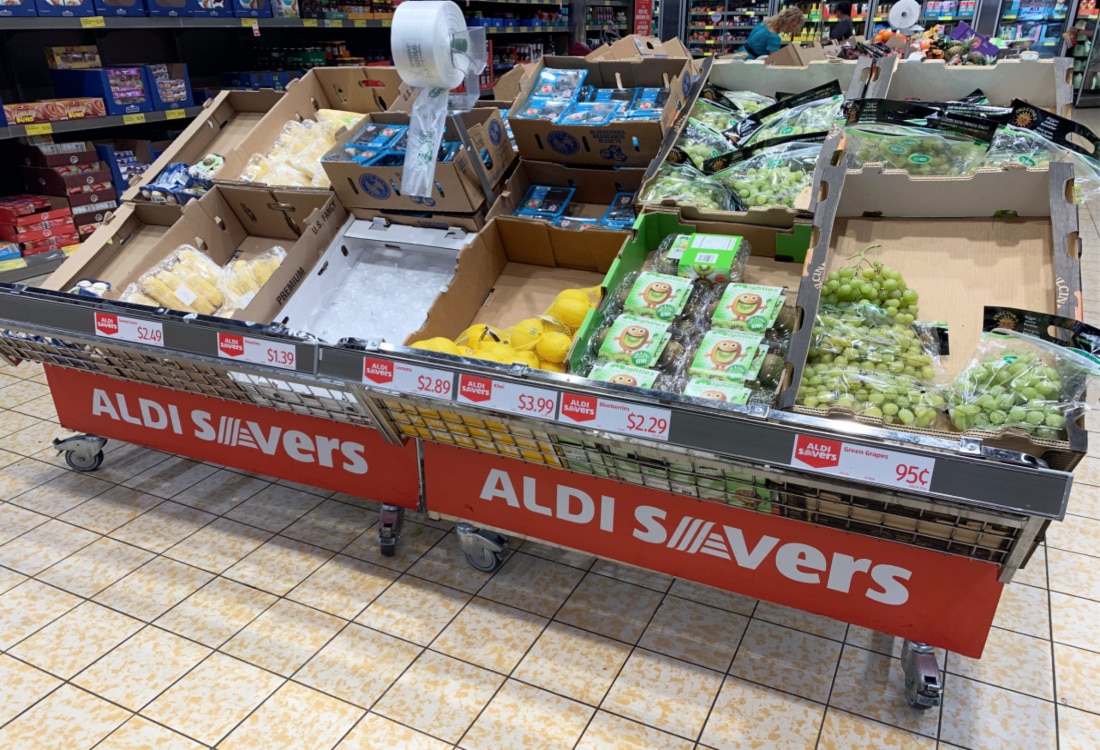
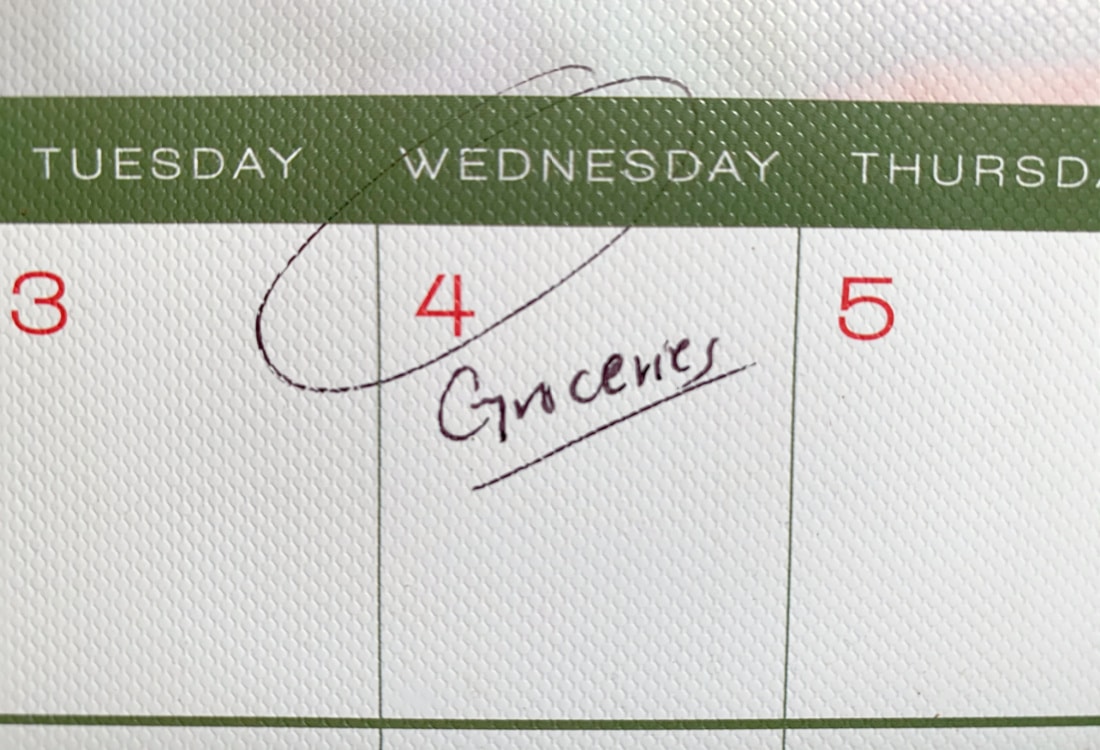
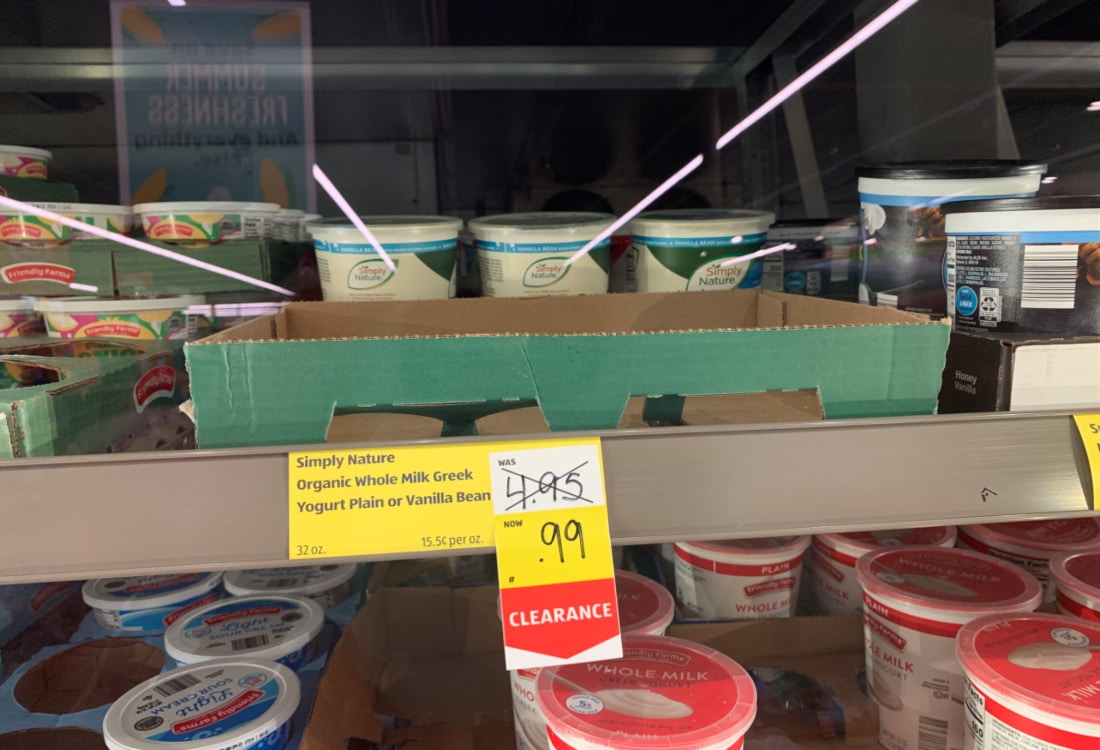


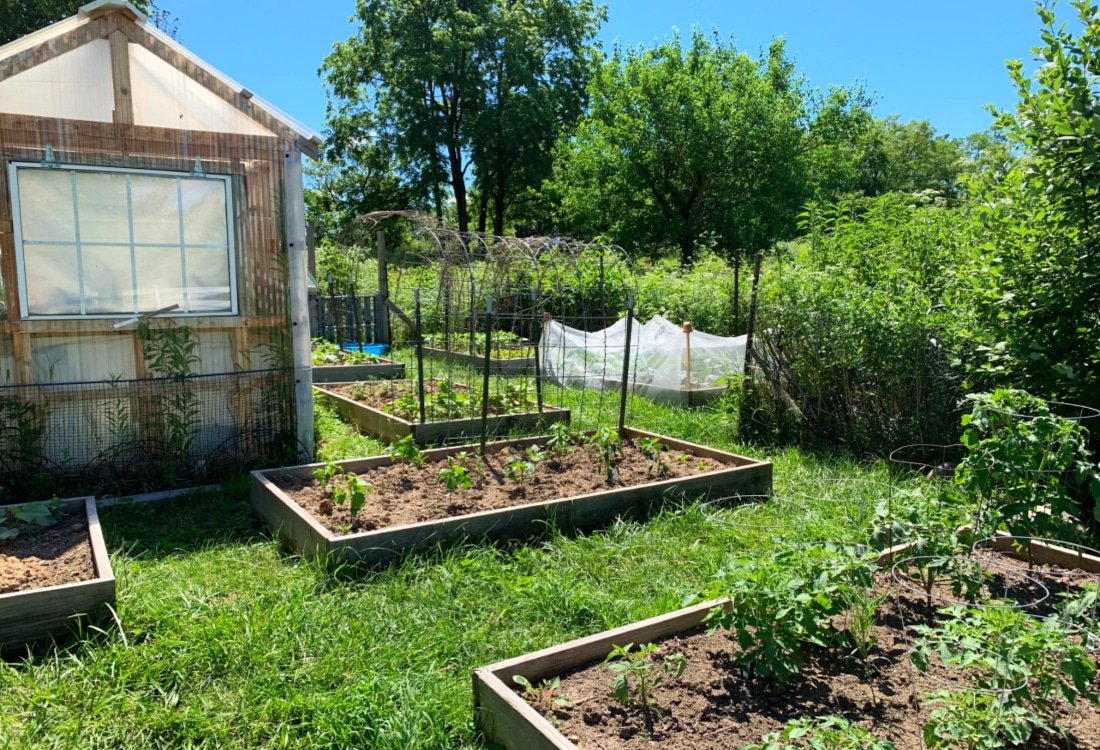
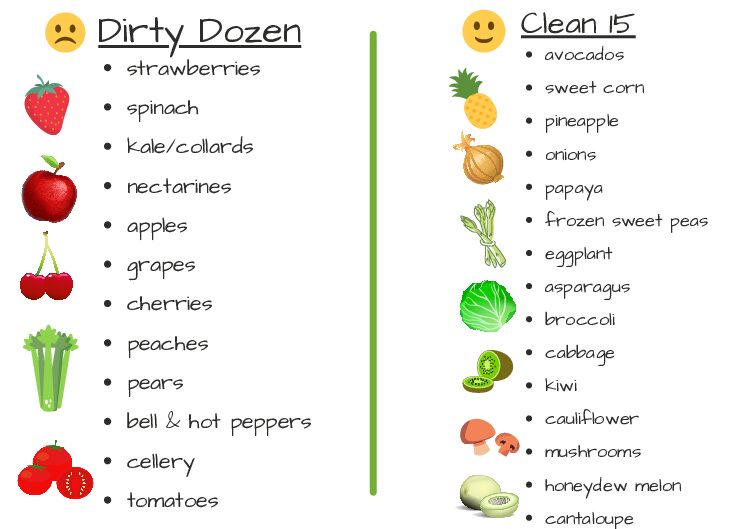


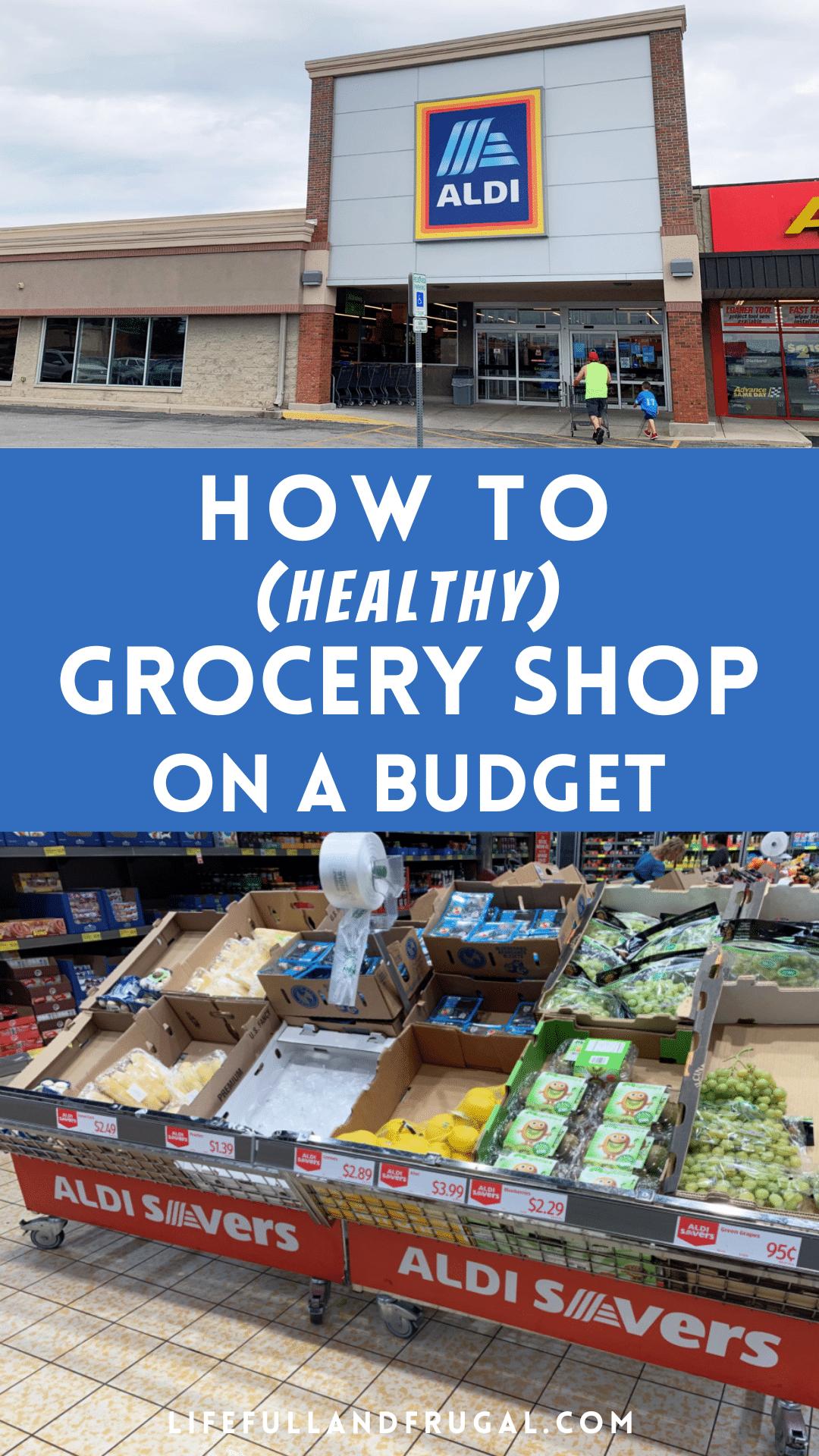
This is a appealing article by the way. I am going to go ahead and save this article for my sister to read later on tomorrow. Keep up the superior work.
We appreciate that!
I like this article a lot. I will definitely be back. Hope that I can read more insightful posts then. Will be sharing your wisdom with all of my friends!
Thank you so much!
So good! Comprehensive and doable!
Thank you so much, sweet friend! Hope you are doing well! God bless you! ~Shanna